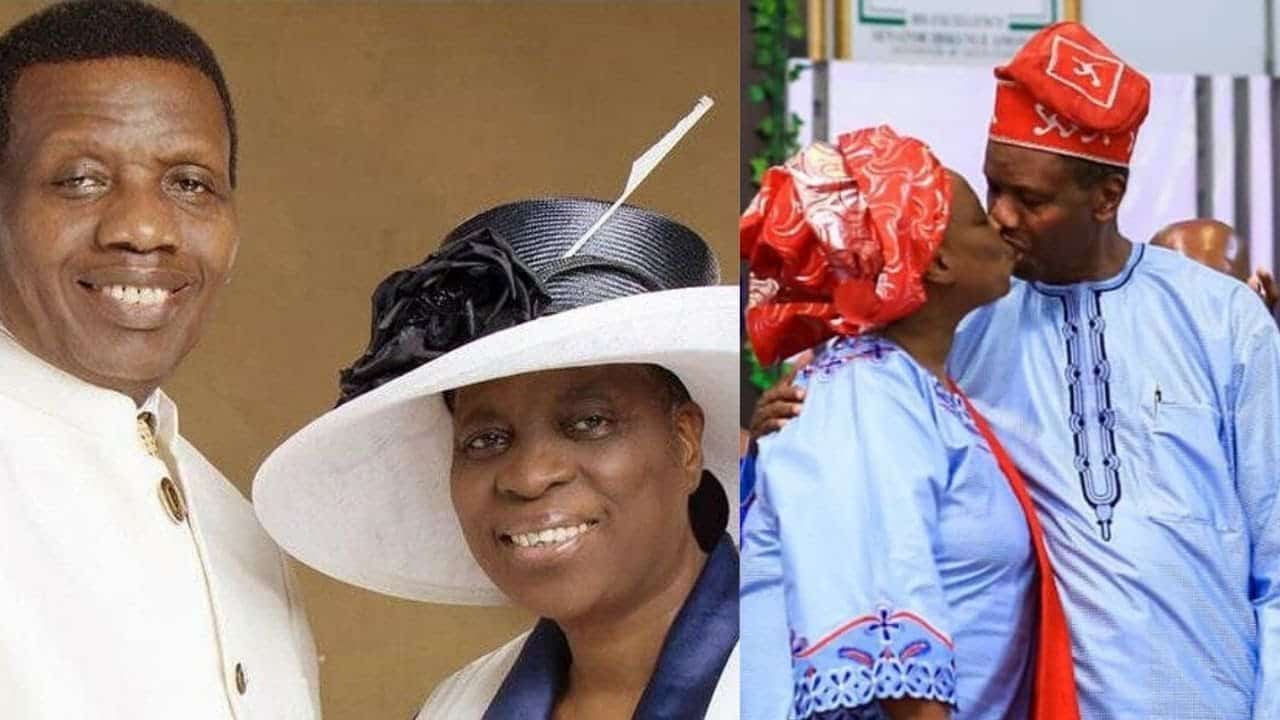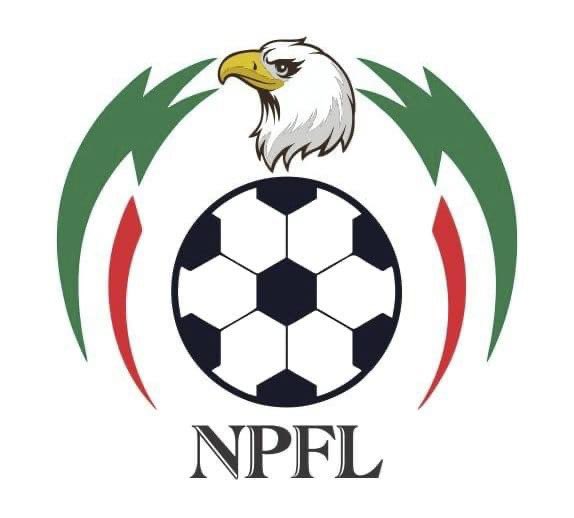Forty years after he introduced the world to his genre of music, highlife folklore, legendary highlife singer Mike Ejeagha, whose 1983 hit recently went viral thanks to skit maker Brain Jotter, is bountifully reaping the fruits of his labour.
The Enugu State Government has inaugurated four newly constructed and reconstructed roads in Abakpa Nike, including the newly renamed Mike Ejeagha, formerly Obinagu Road.
The road leading to the legendary musician’s residence was rebuilt earlier in the year in recognition of his contributions to the state’s cultural heritage.
The state governor, Peter Mbah, disclosed this on X on Monday.
The statement read, “It was a pleasure to visit our living legend, Mike Ejeagha, and to commission four newly constructed and reconstructed roads in Abakpa Nike. In recognition of Mike Ejeagha’s immense contributions to the cultural heritage of Enugu State, we have renamed Obinagu Road, leading to his residence, and reconstructed it earlier in the year to Mike Ejeagha Road.
“Enugu is a state rich in history, talent, and culture. We have to honour and celebrate those who have shaped our identity. Today, our government fully supports Mike Ejeagha, taking responsibility for his upkeep as part of our commitment to preserving the legacies of our Indigenous legends’’.
The governor also assured Abakpa and Enugu State residents that his government recently awarded contracts for constructing 141 roads and 20 rural roads, and Abakpa is undoubtedly included.
Nigerians need credible journalism. Help us report it.
Support journalism driven by facts, created by Nigerians for Nigerians. Our thorough, researched reporting relies on the support of readers like you.
Help us maintain free and accessible news for all with a small donation.
Every contribution guarantees that we can keep delivering important stories —no paywalls, just quality journalism.
He said: “Very soon, we will commence the dualisation of Penocks Junction on the Enugu-Onitsha Road, extending to Opi-Nsukka. The contract has been awarded, and work will commence shortly. Our commitment to transforming Enugu State is unwavering, with many more roads and projects underway to enhance the lives of our people. Tomorrow Is Here!”
 Destiny may be delayed, but it cannot be denied—a statement that rings true for the legendary highlife singer Mike Ejeagha, whose 1983 hit recently went viral, thanks to skit maker Chukwuebuka Amuzie, Brain Jotter.
Destiny may be delayed, but it cannot be denied—a statement that rings true for the legendary highlife singer Mike Ejeagha, whose 1983 hit recently went viral, thanks to skit maker Chukwuebuka Amuzie, Brain Jotter.
Interestingly, ‘Gwo Gwo Gwo Ngwo’ is not a song title; it is the refrain in “Ka Esi Le Onye Isi Oche,” a song on Ejeagha’s ‘Akuko Na Egwu’ Original Vol. 1, a music album released in 1983.
Renewed fame
Mike Ejeagha, a 92-year-old Igbo folk singer, has recently experienced a resurgence in fame due to the viral success of his 41-year-old song “Ka Esi Le Onye Isi Oche.”
This renewed fame is similar to the experience of Obesere, whose song “Egungun Be Careful” went viral 18 years after its initial release. Ejeagha’s song tells the whimsical story of a tortoise tricking an elephant, and it has captivated a new generation of listeners.
The song’s resurgence can be attributed to a viral dance challenge by skit maker Brain Jotter. The challenge involves dancers moving their waists and doing legwork to the song’s beat. The video of the challenge garnered millions of views and sparked a trend on TikTok. As a result of the song’s renewed popularity, Ejeagha has received cash gifts and even a car from Brain Jotter.
The song’s resurgence has brought attention to Ejeagha’s contributions to Nigerian music, although only some people know the story behind the man and his music.
Ejeagha’s musical journey started during elementary school in Enugu State, where he was born in August 1932. The influential guitarists Moses Aduba and Cyprian Uzochiawa ignited his passion for music. Inspired by their artistry, Ejeagha established his band, “Mike Ejeagha and Merry-makers,” in 1950.
His rise to fame was propelled by his participation in radio programmes like “Guitar Playtime” and “Akuko n’egwu” (meaning “storytelling in music”). Through these platforms, he shared captivating folktales and music that resonated deeply with audiences due to their social and cultural significance.
Support PREMIUM TIMES' journalism of integrity and credibility
At Premium Times, we firmly believe in the importance of high-quality journalism. Recognizing that not everyone can afford costly news subscriptions, we are dedicated to delivering meticulously researched, fact-checked news that remains freely accessible to all.
Whether you turn to Premium Times for daily updates, in-depth investigations into pressing national issues, or entertaining trending stories, we value your readership.
It’s essential to acknowledge that news production incurs expenses, and we take pride in never placing our stories behind a prohibitive paywall.
Would you consider supporting us with a modest contribution on a monthly basis to help maintain our commitment to free, accessible news?
TEXT AD: Call Willie - +2348098788999


















 English (US) ·
English (US) ·